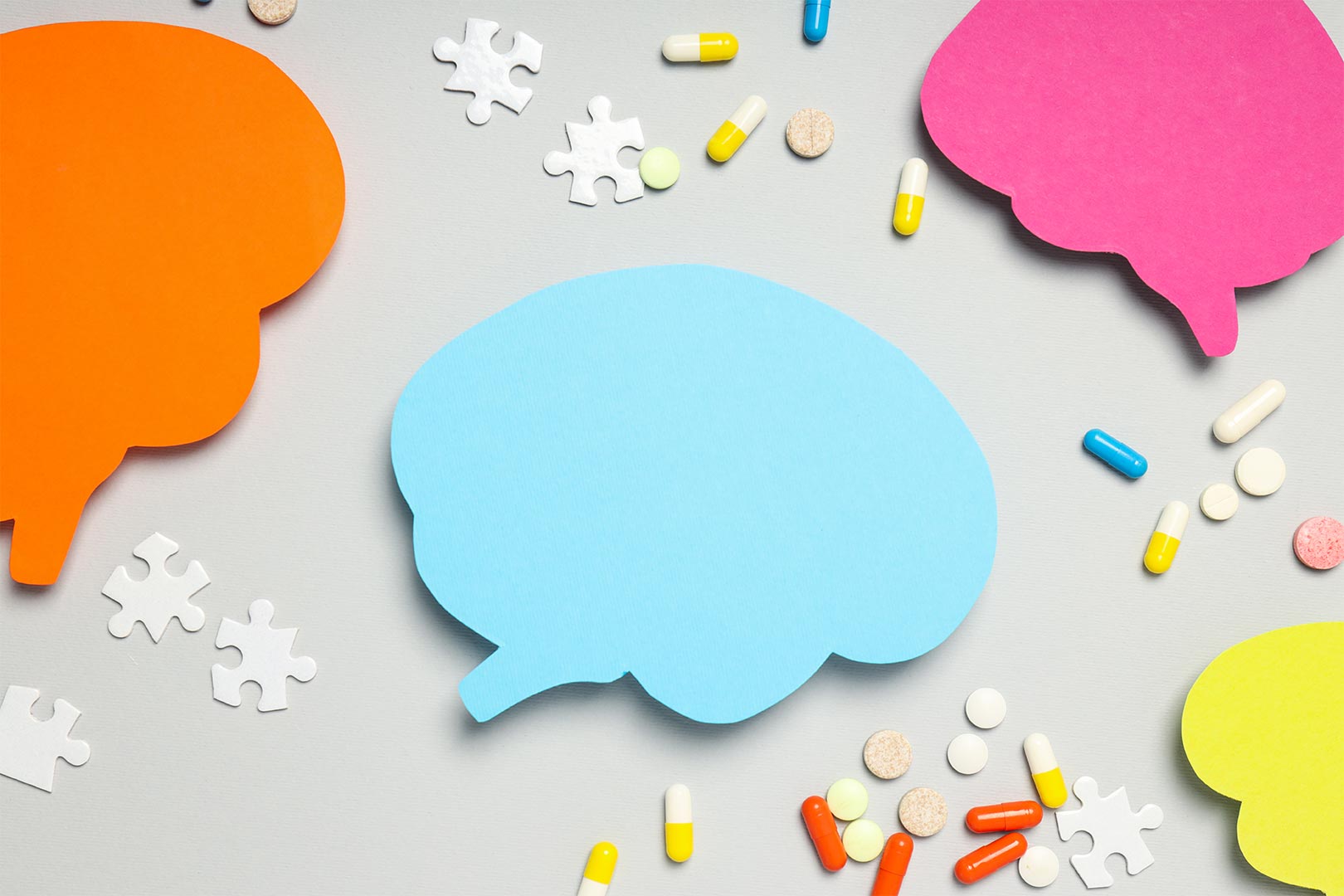Communication and language disorders are a broad range of conditions that can affect a person’s ability to communicate effectively. These disorders can impact a person’s ability to speak, understand language, read, write, and use nonverbal communication.
Types of Communication and Language Disorders:
There are many different types of communication and language disorders, including:
- Speech disorders: These disorders affect the way a person produces speech sounds. Examples of speech disorders include stuttering, dysarthria, and apraxia of speech.
- Language disorders: These disorders affect a person’s ability to understand and use language. Examples of language disorders include autism spectrum disorder, dyslexia, and expressive language disorder.
- Mixed receptive-expressive language disorder: This disorder affects both a person’s ability to understand and use language.
- Augmentative and alternative communication (AAC): AAC is a way for people with communication disorders to communicate using tools and strategies other than speech. Examples of AAC devices include communication boards, eye gaze systems, and voice output communication aids.
Causes of Communication and Language Disorders:
The causes of communication and language disorders can vary. Some of the possible causes include:
- Genetic factors
- Brain injury
- Environmental factors, such as exposure to lead or other toxins
- Premature birth
- Autism spectrum disorder
- Other developmental delays
Signs and Symptoms of Communication and Language Disorders:
The signs and symptoms of communication and language disorders can vary depending on the type of disorder. Some common signs and symptoms include:
- Difficulty understanding or using language
- Difficulty speaking clearly
- Difficulty learning new words
- Difficulty following directions
- Difficulty reading or writing
- Difficulty using nonverbal communication
Treatment for Communication and Language Disorders:
The treatment for communication and language disorders will vary depending on the type of disorder and the severity of the symptoms. Some common treatments include:
- Speech therapy
- Language therapy
- AAC therapy
- Educational interventions
- Medication
Communication and language disorders can have a significant impact on a person’s life. However, with early intervention and appropriate treatment, many people with these disorders can learn to communicate effectively and live fulfilling lives.
If you are concerned that your child may have a communication or language disorder, please talk to your pediatrician. Early intervention is essential for helping children with these disorders reach their full potential.
Find out if your child needs extra support today!
- My child screams hysterically
- My child is mean to other children
- My child is always worried
- My child is scared to go to school
- My child is scared of loud noises
- My child doesn’t know how to read
- My child is scared to play outside
- My child does not respond to his name
- My child always gets in trouble
- My child fights with other children
- My child doesn’t know how to count
If you are concerned about your child’s development, contact us for Assessments: Phone/Telegram: 077.455.993 – Telegram Link: https://t.me/OrbRom
If you are concerned about your child’s development, contact us for Assessments.
Phone/Telegram: 077.455.993 Link: https://t.me/OrbRom






Leave A Comment